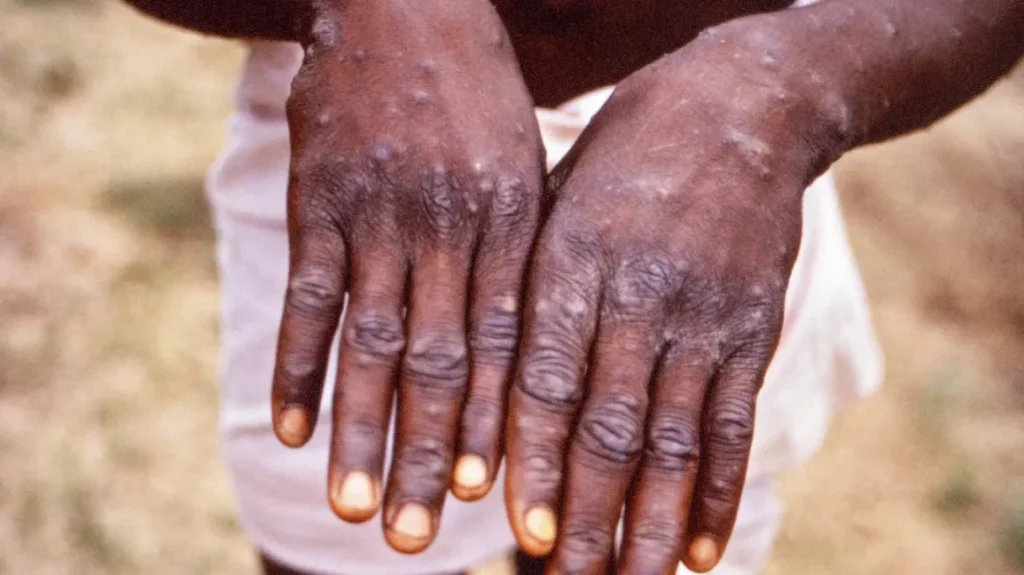Nyeri County has reported its first confirmed case of Mpox, becoming the 23rd county in Kenya to detect the viral disease since the outbreak began in July 2024.
The patient, a 60-year-old woman, had recently travelled from Nairobi to Mathira East before testing positive for Mpox. This development comes as the Ministry of Health announced that the total number of confirmed Mpox cases in the country has reached 314.
According to the Ministry’s update issued on Friday, August 1, cases have now been recorded in 23 counties, with Mombasa County remaining the hardest-hit region. Mombasa alone accounts for 146 cases, including three of the four most recent infections, and five confirmed deaths.
Other counties with notable case numbers include Busia (63), Nakuru (21), Kilifi (19), and Nairobi (17). Additional cases have also been recorded in Makueni (13), Taita Taveta (5), Uasin Gishu (5), and several other counties reporting between one and four cases each.
Health Cabinet Secretary Adan Duale stated that 33 patients are currently admitted in health facilities nationwide, while 54 individuals are under home-based care. The government has intensified nationwide surveillance, with a strong focus on counties that have either reported recent cases or are at high risk of transmission.
To address the growing public health concern, the Ministry of Health has deployed multidisciplinary Rapid Response Teams (RRTs) to all affected counties. These teams are tasked with strengthening healthcare capacity, conducting active case finding, contact tracing, and ensuring timely investigation and symptomatic treatment for confirmed cases.
In addition to the medical response, the government is also offering mental health and psychosocial support to both infected individuals and affected communities to combat stigma and anxiety linked to the outbreak.
Mpox, a viral illness transmitted through close contact, typically causes symptoms such as fever, rash, and swollen lymph nodes. Though most cases are mild and self-limiting, severe outcomes have been observed, especially among immunocompromised individuals.
The Ministry continues to urge the public to report suspected cases, avoid contact with infected individuals, and maintain high levels of hygiene as part of efforts to curb the spread.

